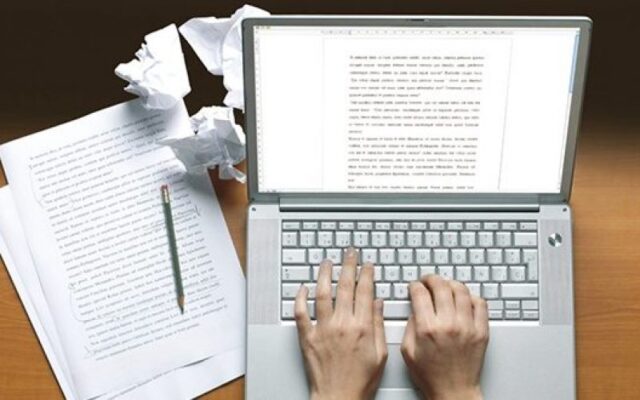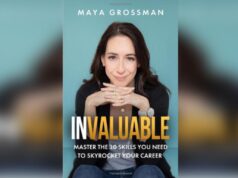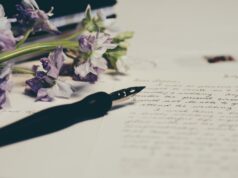Each class at school has various types of assignments due on deadlines. Some are essays, research papers, compositions, and term papers. While other classes require less written homework but offer weekly tests instead. For most people, these challenges come with no end in sight. Whether composing is difficult by oneself or deciding which type of assignment next semester should cover seems impossible.
An earnest writer who is constantly checking for mistakes in the text can be frustrating. The solution to this problem? The solution is to seek help in writing, order essay online cheap on buyessay.org and avoid self-sabotage by reading ten books mentioned here about how to write better papers.
1. Zen in the Art of Writing by Ray Bradbury
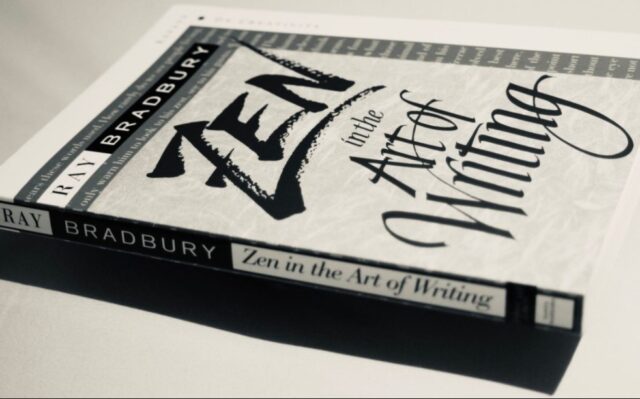
“Zen in the Art of Writing” is a book of a fascinating collection of essays written by celebrated author Ray Bradbury. In these pieces, he shares tips with novice writers and explores many facets that go into creating an engaging story. He reveals the technical aspects like grammar or emotive storytelling techniques such as conveying emotion through dialogue.
2. On Writing by Stephen King
Stephen King, the “King of Horrors”, presents his autobiography to fans. It is also an excellent book for those who are interested in seeking skills of writing. He talks about how he became a writer and some difficulties on the way of popularity or recognition. There are not many horror stories in this one. Instead, it has excellent advice for beginning writers that can help them be successful.
3. The 7 Secrets of the Prolific by Hillary Rettig
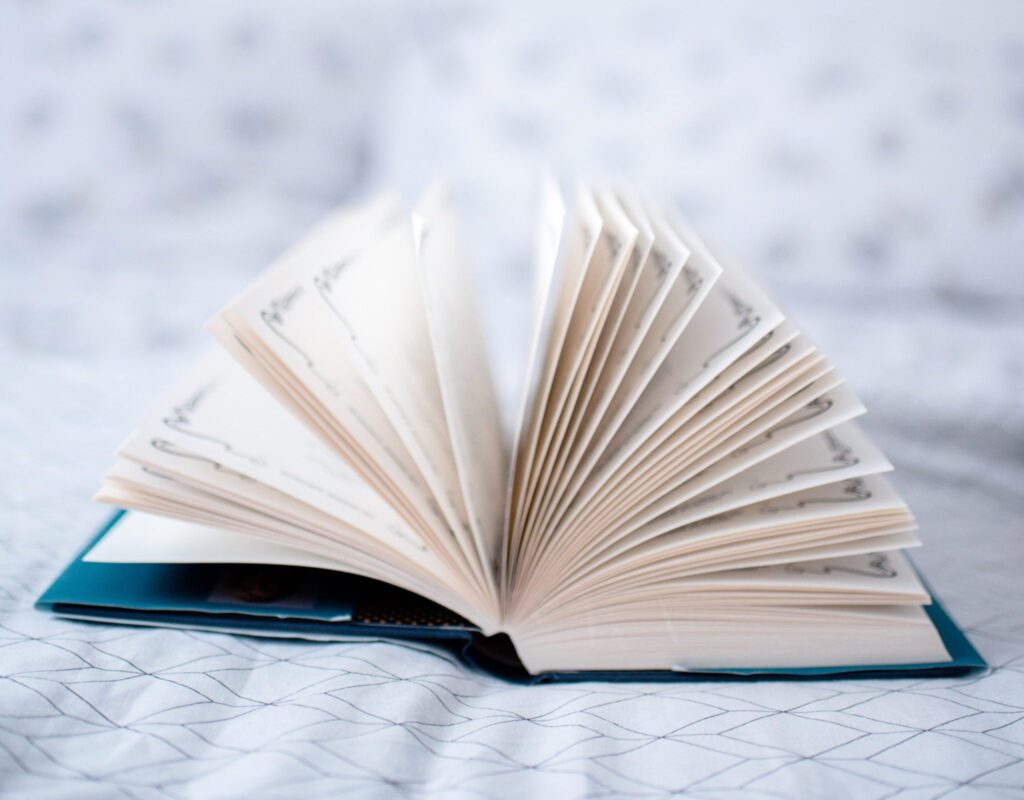
Hillary Rettig, an experienced writer, and the instructor make a compelling case for overcoming the hurdles that plague writers. She is not just talking about time management or distractions like social media- she has suggestions on how to overcome biases, feelings of inadequacy from comparisons with others’ work processes, as well as other difficulties such as lack of organization and pressure from distributors.
4. Bird by Bird by Anne Lamott
Is there a book inside you that is waiting to be written? Anne Lamotte will show readers how to extract their writing, from motivation and inspiration to composing one’s style. The first step in this process is working with poor drafts-and completing it by perfecting your voice for speaking with distributors about publishing rights!
5. No Plot? No Problem! by Chris Baty
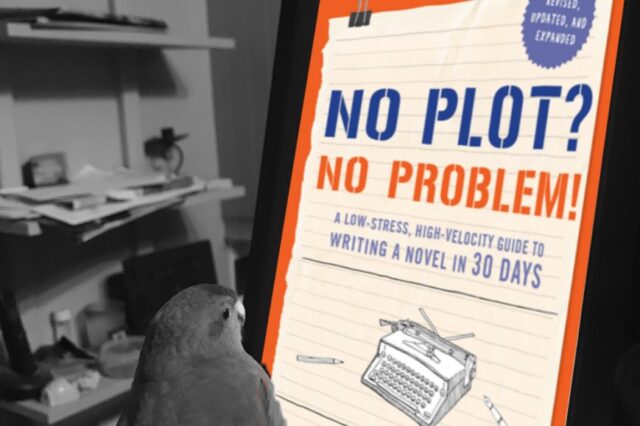
This book will help you get started with your writing dream by providing a weekly plan to maintain momentum and cope with the demands of story-writing. You’ll be able to take inspiration from entertaining cases, success stories, and passages. They are all designed for both beginners and determinant writers alike in this monthly guidebook.
6. 642 Things to Write About by Grotto, Po Bronson
In this book, every story is providing a creative stimulation to describe the creativity of the reader. It will be helpful to those who need an outlet in which they can build up their creativeness. It also figures out how best to interact with your thoughts on paper. Six hundred fifty stories have beginnings but no endings because the reader must transform them into completed versions of themselves – entertaining, phenomenal, sad, or anything unusual.
7. Lead with a Story by Paul Smith
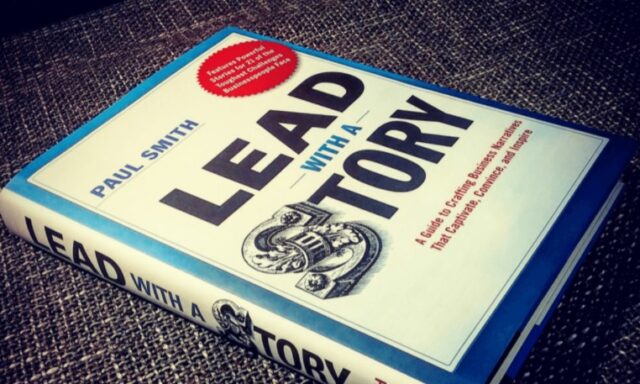
This book is a treasure trove of ready-made stories that you can use to spice up your life. It features more than 100 short, delightful tales written with the express purpose of helping people live better lives by applying them in practice.
8. Why We Write by Meredith Maran
This book is a collection of stories from twenty well-known writers. Some are sad and thought-provoking, while others show the craft behind writing novels that readers can’t put down. In addition, this diverse selection of frank accounts features tips on how to improve one’s work and what these authors love most about their job and why they write in the first place.
9. Walking in This World by Julia Cameron
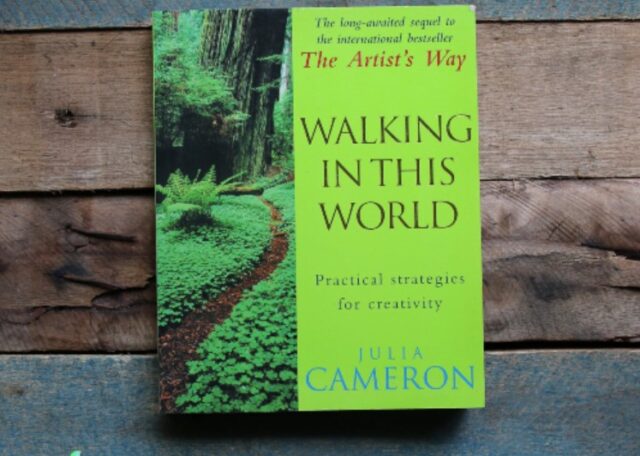
Julia Cameron is the most prolific writer on creativity in recent years. She provides a deep understanding for those just starting their journey and includes more seasoned professionals. Julia Cameron’s exploration into the creative process offers insight for those just starting, as well as experienced writers. In this passage from her book on creativity and writing, she gives us some ideas about how to surmount our obstacles along a journey that is not without its snags.
10. Steal Like an Artist by Austin Kleon
The world is a vast place, and it’s easy to feel overwhelmed by the idea that everything has already been done before. Austin Cleon can help you get over your fear of being unoriginal with these five strategies for originality in essays:
- See things from different perspectives
- Add more detail about what matters most to you
- Make connections between disparate topics
- Build on previous ideas rather than just rehashing them
- Include some personal anecdotes
Bottom line
It is evident that you have two possible options to grab. Either ask someone to do the assignment for you, that will cost you much and you might not crack the code to success. On the other hand, do it yourself by improving your skills. It seems hectic, time taking but the results are amazing.
The leading writers and educationists came up with the ultimate tips to improve essay writing. These top 10 books are a resource for lifetime. Every single student or professional looking for guidance to improve writing skills can dive deep in these books. Every time you connect to the books, you will have something to learn and explore.
It is time to be wise about your option selection. We have got you covered in every possible way. Not necessarily, you have to read all these books. It is fine to read any one or two of them that you find attractive and start practicing better easily. Books will be a help from start until the end.

